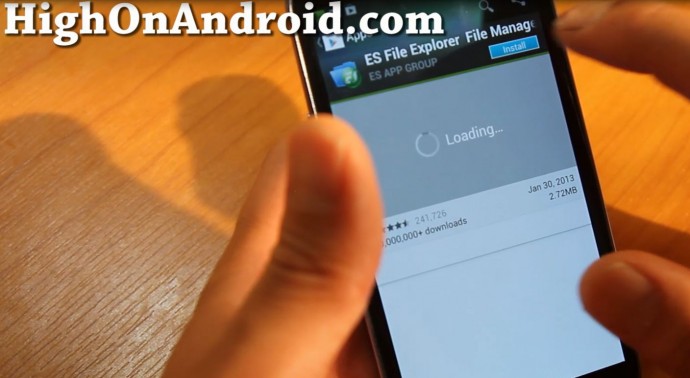
Systems and controls: GPL must take reasonable care to organise and control its affairs responsibly and effectively, with adequate risk management systems. Significant responsibilities relating to the running of the business are apportioned between them. Senior management: The board of directors and certain other senior managers are all vetted under the FCA’s “approved person” regime. The key requirements are:Ĭapital requirements and liability: GPL must maintain a minimum capital level of €1 million, and must also hold enough liquid assets to redeem all electronic money issued. The authorisation to issue electronic money makes GPL subject to a number of regulatory requirements. This includes transferring and redeeming electronic money. GPL’s FCA register number is 900008.Īs an ELMI, GPL is authorised to conduct the regulated activity of issuing electronic money. GPL is authorised and regulated by the FCA in the UK as an electronic money institution (“ELMI”). The new Google Wallet can also do all of those things, plus store your driver’s license and unlock your car if you drive a vehicle that supports digital keys.Google Payment Limited (“GPL”) is regulated by the Financial Conduct Authority (“FCA”). It can also hold airline boarding passes, proof of vaccination cards, and some transit cards. Google Pay can store credit card info and link to digital payment services like PayPal. But at its IO event in May, Google announced it was bringing Wallet back with some new features that aren’t included with Pay. In fact, back when the Google Pay app launched, it replaced the old versions of Google Wallet and Android Pay on mobile phones. “But wait,” you ask, “isn’t Google Pay a thing? Doesn’t it already do that?” Well yes, it does.

The latest Google app update is actually a resurrection: Google Wallet has returned to store all your cards and personal info.

Specifically, Google often likes to make big changes to them, rebrand them, or just suddenly kill them dead with little explanation. Google has always had an on-again, off-again relationship with the housemade apps that Android phones use to access its services. OK, you’re probably not all that surprised.


 0 kommentar(er)
0 kommentar(er)
